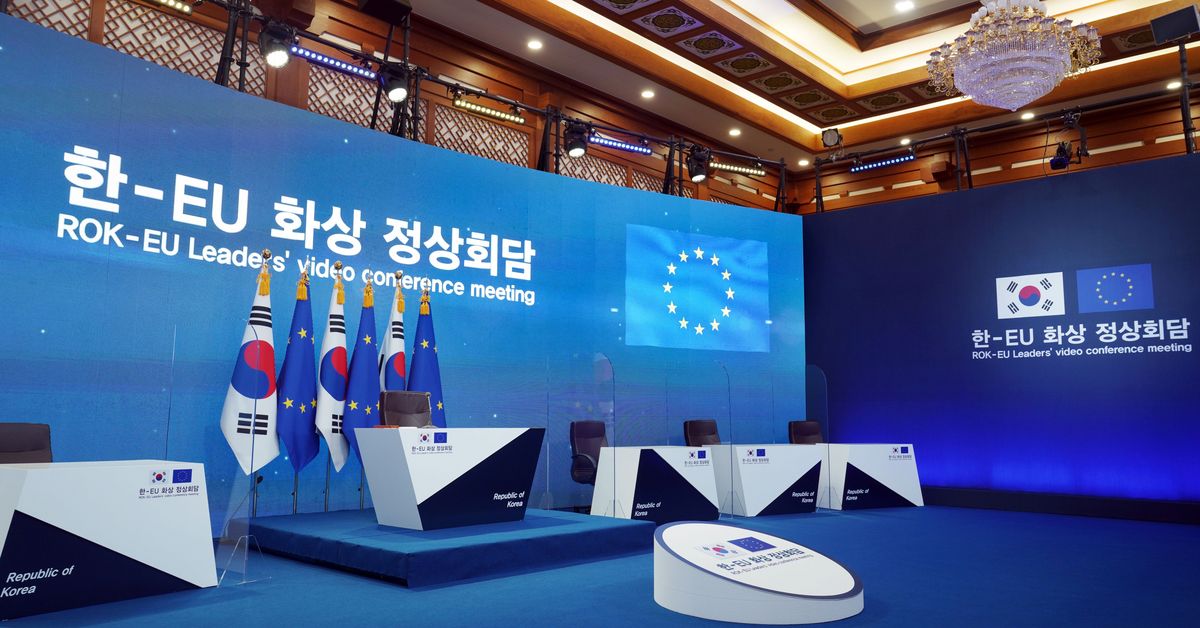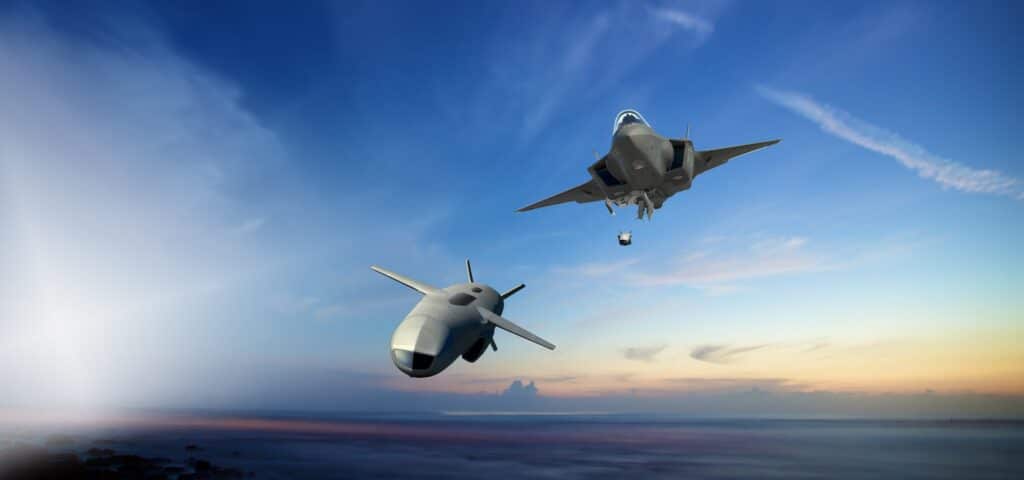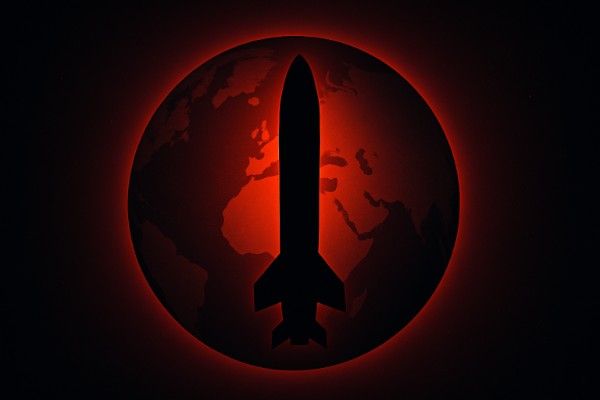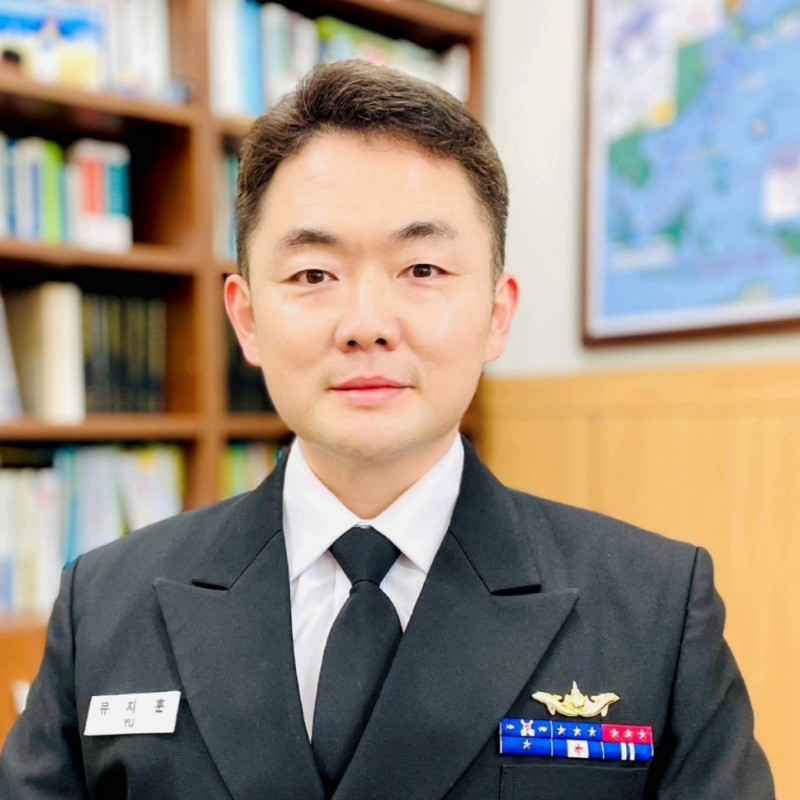In a rapidly changing global security landscape, the importance of robust international cooperation cannot be overstated. For South Korea, fostering stronger security ties with Europe presents an opportunity to diversify its strategic partnerships and address shared challenges. Under a potential second Trump presidency, characterized by transactional diplomacy and demands for burden-sharing, the Republic of Korea (ROK) faces heightened uncertainty in its traditional security arrangements with the United States. This makes the pursuit of broader, more resilient networks with like-minded partners in Europe increasingly critical.
South Korea’s security cooperation with Europe has traditionally been limited compared to its alliance with the United States or regional collaborations in East Asia. However, the convergence of global security threats—such as North Korea’s nuclear ambitions, China’s growing assertiveness, cybersecurity risks, and the erosion of the rules-based international order—necessitates stronger collaboration between Seoul and European nations. Europe’s significant experience in countering asymmetric threats, its leadership in multilateral institutions, and its emerging Indo-Pacific focus position it as a valuable partner for South Korea in this evolving geopolitical environment.
The potential re-election of Donald Trump could introduce new strains in South Korea’s alliance with the US. Trump’s “America First” doctrine often emphasized burden-sharing and questioned the value of longstanding alliances, including NATO and partnerships in Asia. This unpredictability compels South Korea to seek complementary security relationships to hedge against potential shifts in US policy. Strengthening ties with Europe would enable South Korea to mitigate risks associated with an overreliance on a single partner while reinforcing its position within a global network of democracies.
One key area of collaboration lies in addressing North Korea’s nuclear threat. While Europe’s direct role on the Korean Peninsula has historically been limited, European nations can contribute diplomatically by maintaining pressure on Pyongyang through sanctions enforcement and providing platforms for multilateral engagement. As members of the United Nations and other global institutions, European states can help amplify South Korea’s calls for North Korea’s denuclearization, ensuring the issue remains a priority on the global agenda. European expertise in arms control and nonproliferation also offers valuable lessons and resources for South Korea in navigating these challenges.
The Indo-Pacific’s rising importance in global geopolitics underscores another dimension of South Korea-Europe security cooperation. European powers such as France, Germany, and the United Kingdom have increasingly recognized the Indo-Pacific as central to global stability and have begun deploying their own strategies for engagement in the region. These nations, along with the European Union, have demonstrated their commitment to upholding freedom of navigation, promoting international law, and countering coercive behaviors in maritime domains—all priorities that align with South Korea’s interests. Enhanced cooperation in these areas would not only bolster regional stability but also demonstrate a united front against challenges to the rules-based order.
Cybersecurity and technology governance present additional avenues for collaboration. Both South Korea and Europe face mounting cyber threats from state and non-state actors, including ransomware attacks, espionage, and disinformation campaigns. By pooling their resources and expertise, they can strengthen resilience against such threats. Europe’s regulatory leadership, particularly through initiatives like the General Data Protection Regulation (GDPR), provides a framework for South Korea to engage in shaping global standards for data protection and ethical technology use.
Multilateralism offers a further dimension to South Korea-Europe security ties. European nations are staunch proponents of multilateral frameworks, which align with South Korea’s approach to addressing transnational threats. Greater coordination within international organizations, such as the United Nations and the World Trade Organization, could amplify their collective voice on issues ranging from climate security to economic resilience in the face of geopolitical disruptions.
At a practical level, defense cooperation between South Korea and Europe could see tangible benefits in joint military exercises, intelligence-sharing, and defense technology collaboration. South Korea’s advanced military capabilities and Europe’s defense innovation present opportunities for synergy, particularly in areas like missile defense, undersea warfare, and space security. Expanding defense trade and co-production agreements would also enhance both parties’ strategic autonomy while reinforcing their mutual security.
To realize the full potential of South Korea-Europe security cooperation, both sides must address certain challenges. Geographic distance and differing regional priorities have historically limited the depth of their engagement. Europe’s primary security concerns often center on Russia, the Middle East, and North Africa, while South Korea’s focus remains the Korean Peninsula and the broader Indo-Pacific. Bridging these gaps requires sustained diplomatic dialogue and an emphasis on shared values, such as democracy, human rights, and the rule of law, as a foundation for collaboration.
South Korea must also navigate Europe’s complex and often fragmented security architecture, which includes NATO, the European Union, and bilateral arrangements between European nations. Identifying clear entry points and building partnerships with key stakeholders, such as France and the UK, which maintain global military capabilities, will be crucial. Conversely, Europe must recognize South Korea as a pivotal actor in the Indo-Pacific, whose security and stability have direct implications for global economic and strategic interests.
Public diplomacy will play a vital role in strengthening South Korea-Europe ties. Mutual understanding and awareness of each other’s strategic importance remain limited among the general public and policymakers on both sides. Investing in cultural exchanges, academic partnerships, and joint initiatives to address global challenges like climate change and public health can foster goodwill and lay the groundwork for deeper security collaboration.
The pursuit of stronger security ties with Europe should not be seen as an alternative to South Korea’s alliance with the United States but as a complementary strategy to enhance its strategic flexibility. By diversifying its partnerships, South Korea can position itself as a proactive and adaptive player in the global security arena, capable of navigating the complexities of a Trump-led international order. For Europe, deeper engagement with South Korea offers an opportunity to extend its influence in the Indo-Pacific and affirm its commitment to upholding a stable, rules-based global order.
In an era of heightened geopolitical uncertainty, South Korea and Europe have much to gain from closer security cooperation. By aligning their efforts to address shared challenges and leveraging their respective strengths, they can build a partnership that not only enhances their mutual security but also contributes to the stability and resilience of the international system. This collaboration will be essential for both parties as they navigate the complexities of a new Trump presidency and the broader shifts in global power dynamics.

Table of Contents
ToggleJihoon Yu
Jihoon Yu is the director of external cooperation and associate research fellow at the Korea Institute for Defense Analyses. Jihoon was the member of Task Force for South Korea’s light aircraft carrier project and Jangbogo-III submarine project. He is the main author of the ROK Navy’s Navy Vision 2045. His area of expertise includes the ROK-U.S. alliance, the ROK-Europe security cooperation, inter-Korean relations, national security, maritime security, hybrid-threats, and strategic weapons systems. He earned his MA in National Security Affairs from the U.S. Naval Postgraduate School and Ph.D. in Political Science from Syracuse University.













